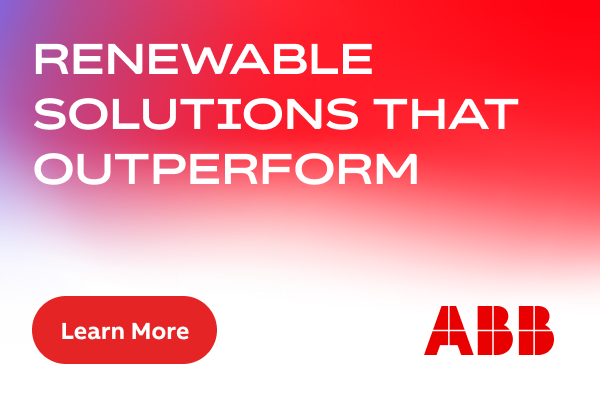How to Negotiate Tax Breaks for Renewable Energy
An advisory published by the Institute for Energy Economic and Financial Analysis (IEEFA) warns that too few standards exist for renewable energy tax abatement deals, even as utility-scale solar and wind power continue to quickly gain market share across the electricity generation sector.
The advisory, Negotiating Responsible Tax Breaks on Renewable Energy Deals, includes guidance on practices and cautions that towns and counties that neglect to conduct due diligence on renewable energy deals run the risk of being exploited by developers.
"With state-mandated renewable energy portfolios expanding, and with growing demand from corporations for renewable power, the pressure on local governments and school districts to approve utility-scale solar and wind projects has never been more pronounced-and is likely to accelerate," said Brent Israelsen, an IEEFA consultant and lead author of the advisory. "Any local government contemplating a renewable energy tax abatement should ensure the project is structured fairly."
The advisory cites three recent projects as examples illustrating the range of deals being executed across the country. All include variations on what are known as PILOT agreements, PILOT standing for "payment in lieu of taxes," contracts that allow developers to pay less in taxes than they otherwise would but more than if the relevant lands had been left underdeveloped or undeveloped.
Examples cited in the analysis:
- Wharton County, Texas, where the Wharton Independent School District negotiated a tax-limitation agreement with AP Solar 6 LLC, which will build the 350MW Red-tailed Hawk Solar Project. The Texas Comptroller of Public Accounts endorsed the project as a way "to invest capital and construct the project in this state," and an economic-development alliance called Powering Texas is promoting such deals.
- Franklin County, N.Y., where EDP Renewables is building the 77.7MW Jericho Rise Wind Farm in a deal that splits tax revenues among the Chateaugay Central School District, the county and the towns of Chateaugay and Belmont. The deal was struck under guidelines set by the New York State Energy Research and Development Authority.
- Raleigh County, W.V., where Raleigh Solar 1, a subsidiary of Denver-based Dakota Power Partners, will built a 90MW solar farm. The Raleigh County Commission passed a resolution in support of the agreement for its "creation and preservation of jobs" and for its likely effects that will "encourage, foster and facilitate new economic development" and "create and develop a more diversified and balanced economy."
Among the best practices recommended for tax-abatement deals:
- Conducting up-to-date due diligence on the market and on the proposed site location. Factors to consider include availability of robust wind and solar resources, proximity to transmission lines and substations, and trends in electricity demand.
- Obtaining an independent cost-benefit analysis. Communities should source their own analysis via a competitive request-for-proposal (RFP) process.
- Having a clear tax-exemption policy in place already.
- Negotiating as small an exemption and as short an exemption period as possible. Generally speaking, the best deals grant abatements of no more than 50% and for no more than five years.
- Conducting independent audits of revenue streams every five years.
- Making the process fully transparent.
- Channeling a portion of tax payments into economic development.
"Though economics are not the only consideration for supporting renewable energy projects, any local government contemplating one in its backyard should avoid treating it as a mere political deliverable. Local authorities should be vigilant as to whether the project is structured fairly," the brief states.
"A well-crafted, fully vetted and equitable agreement will not only help ensure that the project is beneficial but will encourage and help guide other communities that are exploring renewable projects while maintaining and even increasing public support for such projects," the brief concludes.
Full report: Negotiating Responsible Tax Breaks on Renewable Energy Deals: A Brief Guide to Community Due Diligence
IEEFA | www.ieefa.org








